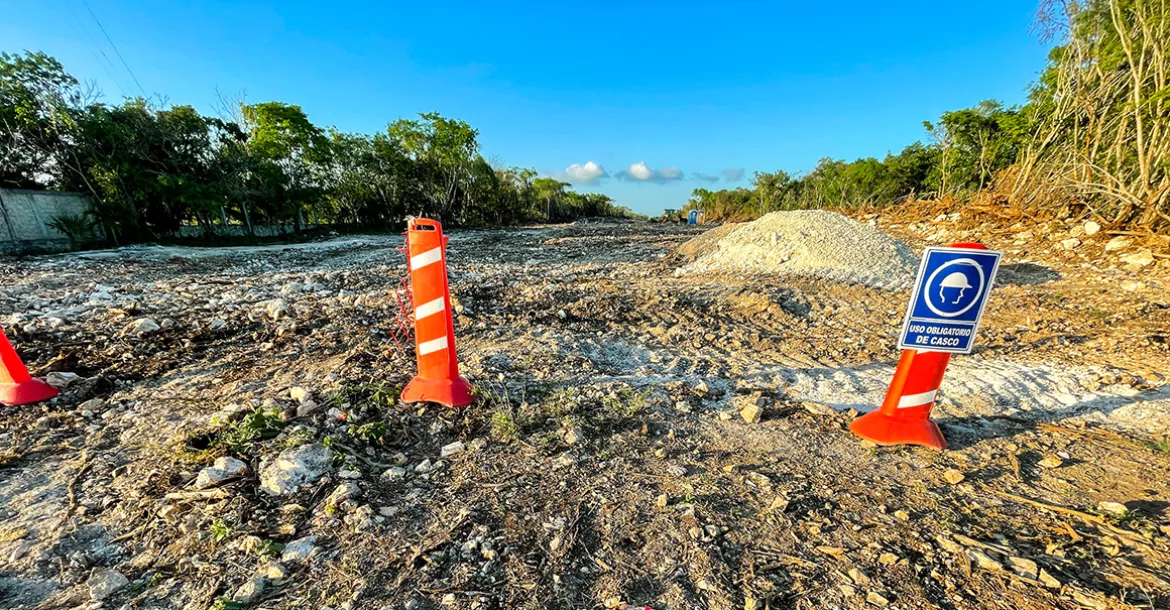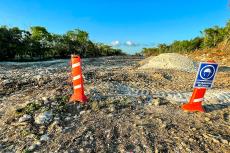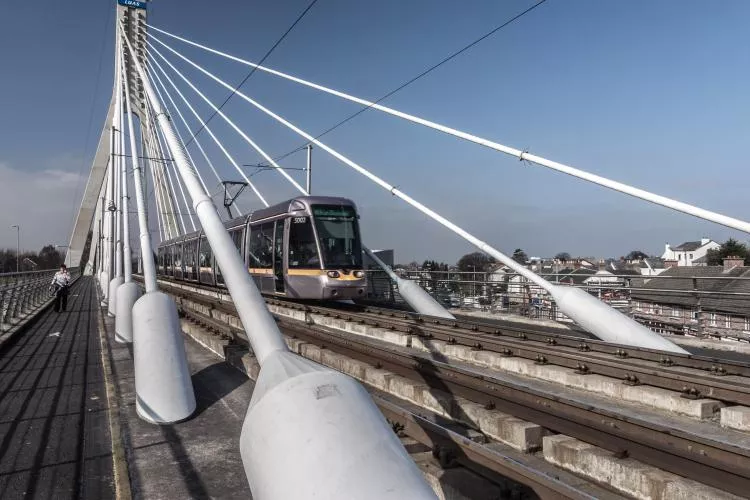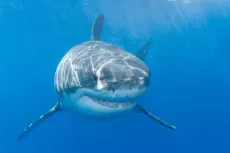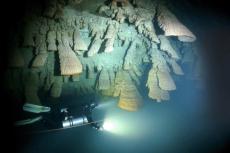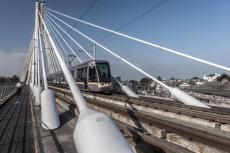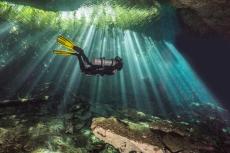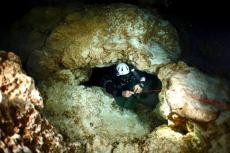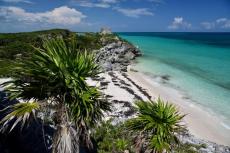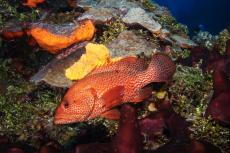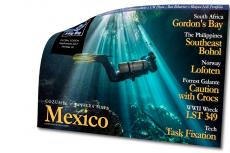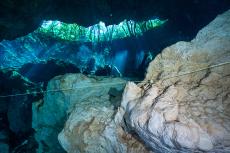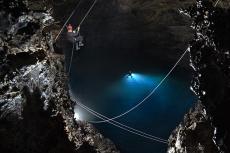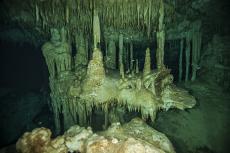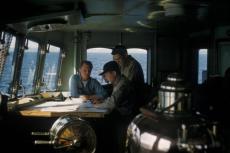Maya Train from Cancun to Tulum will have cable-stayed bridges
Mexico's president, Andrés Manuel López Obrador, says that 70 percent of Section 5 of the Maya Train, which passes through cave-diving country, will be elevated by using cable-stayed bridges.
Tren Maya is a 1,525km (948mi) system of new and revitalized railways designed to connect Caribbean tourist resorts, such as Cancun, with cities, cultural sites and lesser-known destinations inland. The new rail system will pass through the states of Chiapas, Tabasco, Campeche, Yucatán and Quintana Roo—the main regions of the Yucatán Peninsula.
Section 5, which runs from Cancun to Tulum, is divided into two sections. Section 5 North will run around 50km of track from Cancun to Playa del Carmen, and then Section 5 South, will see around 60km of track laid between Playa del Carmen and Tulum.
Controversies
The railway has deeply divided Mexicans, and the controversies surrounding the construction exemplify the struggles developing countries across the globe face to balance economic progress with environmental responsibility.
Critics point out that Mexico's Tren Maya railway line is "splitting the jungle in half," as construction reaches some of the world's most vulnerable species. They fear the train, due to passing so close by, will disrupt wildlife routes and attract too much development to fragile ecosystems. Its hasty construction may critically endanger pristine wilderness and ancient cave systems beneath the jungle floor, droves of scientists and environmental activists say.
Assurances
Lopez Obrador assured that the cable-stayed bridge project of the Tulum-Cancún section has an ecological and cultural dimension. “It means the protection of underground rivers, caves, cenotes and it is being fought, truly protecting the environment, not in a demagogic way,” he added.
Quintana Roo Governor Mara Lezama pointed out that “with the Maya Train construction (the bridge), many archaeological remains have been rediscovered.”

